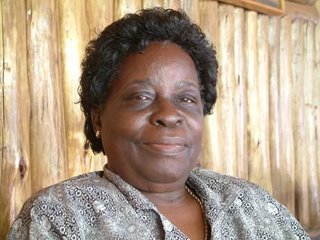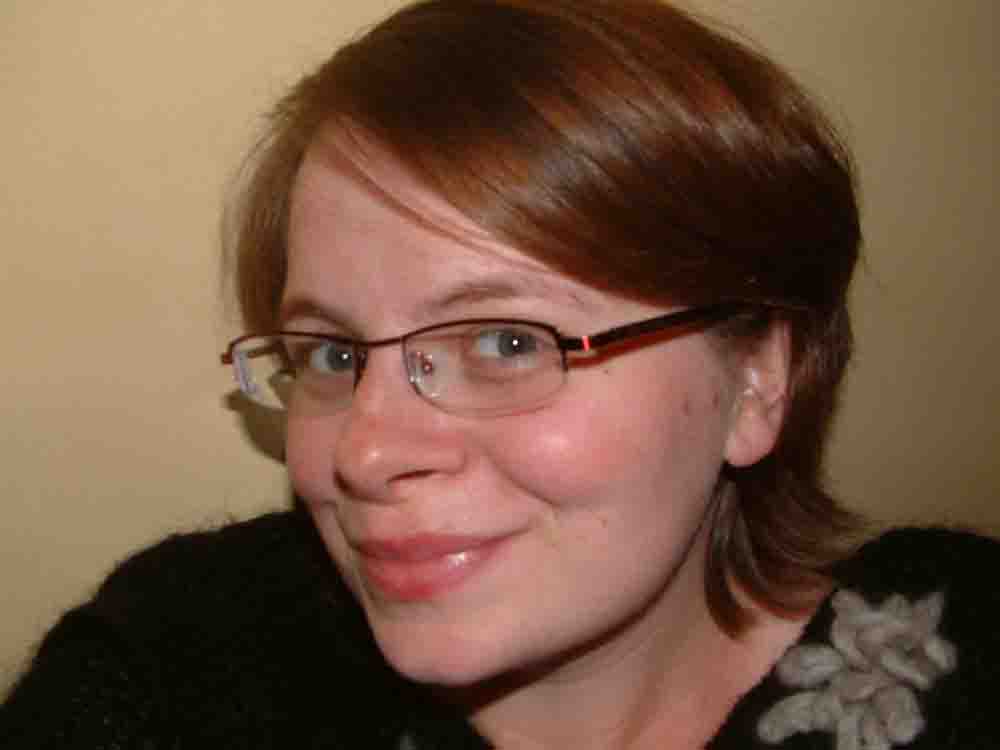A Political Perspective

One hears so much about politics in Africa- and much of it is negative. ‘Corruption’ and ‘Governance’ are almost considered one and the same. Scepticism is high, and criticism is ready to pounce on anyone involved. I have no doubt that there are the ‘bad apples’, but equally so, I have no doubt that there are the ‘good’; people in politics who are committed to the political process as a tool for positive societal change.
Word got out that I was looking for someone in politics who falls into the latter basket, and the name Joyce Mpanga, Uganda’s former Minister of Women’s Affairs, and former Minister for Primary Education, kept cropping up. Joyce kindly agreed to meet me, and there followed a most interesting discussion about her life- in and out of politics, her motivations for choosing the political route, and whether she would recommend politics as a way to effect change.
Joyce’s life story filled me with intrigue. Firstly she mentioned three men that have been instrumental in her life; “My grandfather for believing women would never to able to achieve. He used to say, ‘it is a pity that this girl was born a girl- what can she do’. That motivated me and made me aware that I have ability. Then my father, who saw my ability and nourished it. Then my husband, who was very very supportive”.
Politics, she says, was in her from an early age. Being the eldest, her father would ask for her opinion. If her views were reasonable, her ideas would often carry; and so she saw that she could influence. Then came debating at school, and later an appointment as head prefect. At high school, a shortage of teachers meant that the senior students were often given teaching responsibility at a very young age- a role which later encouraged her into the profession.
Joyce will admit that she is the product of ‘affirmative action’- although the phrase was not used back then. Very few girls went on to secondary school, even less to university. When she joined Makerere University in Kampala to study social science, she was one of only 13 girls. As a result, she always felt the need to represent the female voice, and so was attracted into student politics. By the age of 26 she was known on the campus for her gusty opinions. She was soon noticed by the Governor of Kampala who encouraged her into mainstream politics. This she delayed for a year, taking up instead a Fulbright scholarship to do a Master’s in Education in the States.
However, it was 1962, and Uganda was just about to gain Independence. Joyce, longing to be back, condensed her two-year Masters into one, and returned to independent Uganda to pursue both an academic and a political career.
Things turned dramatically in the late 1960s however when Milton Obote came into power. Joyce’s father, who was also politically motivated, was opposed to Obote and later Idi Amin. It was a position which ultimately led to his brutal murder- the details of which Joyce refrained from elaboration. Following the murder she was forced into exile, and lived in the UK for over 7 years- raising a young family, and keeping low.
Joyce eventually returned to Uganda, taking up various university teaching positions, while maintaining her political interests. She was later to become the first Minister for Women to be appointed in government, under Museveni. This, she states, was the most difficult job she even undertook, having to start the Ministry from scratch. It was a battle for funding, but by bypassing the Ministry of Finance (who she claims was tight with funding when it came to gender issues), she negotiated with Swedish and Danish overseas agencies and secured funds for the first major project of the Ministry- a project to obtain the views of woman across the country, and ensure that their voices were included in the forthcoming constitution.
However when the Women’s ministry was becoming strong, Joyce was shifted to start a Ministry for Primary Education. It was the late 1980s, and the Global movement for universal primary education (UPE) was gearing up. Joyce became an active participant, secured the UPE deal for Uganda, and has gone on to represent Uganda, and Africa in international circles, lobbying for educational reform across the continent.
Back to falling into baskets, Joyce now quite literally does. She is current Chairperson of the African Association for Arts and Craft Workers, and is involved in running a local craft market. Joyce observed that some of the traditional crafts were dying out; such as basket-weaving and mat-making and so set up the craft market and later the Association- a forum in which local artists produce and promote traditional works (For an example of one of the artists, see Nuwa Wamala- Nnyanzi’s work)
‘Most of the work that I have done, is actually mobilising others to help themselves’, Joyce said, ‘ it is never really about me. Some people do go into politics for the wrong reasons; money and prestige, but I think people should go into it wanting to make a difference’.
I asked if Joyce if she would encourage others into politics, and she quoted, ‘The punishment for wise people not to go into politics, is to be governed by the foolish!’
Enough said!


0 Comments:
Post a Comment
<< Home